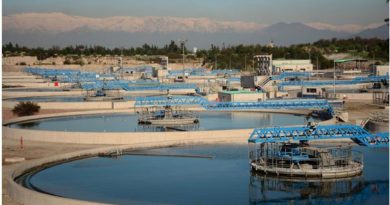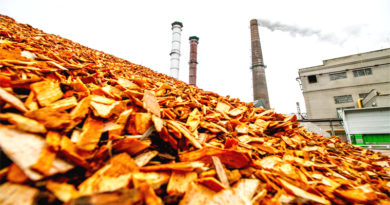The War on Plastic: These soldiers are making a difference

For long we have ignored the devastating the consequences of plastic, which has gotten to the stage of a global epidemic. And we have heard the numbers before, possibly. It was recently estimated that nearly 8 million tonnes of plastic enters the oceans every year, equivalent of dumping a garbage truck of plastic into the water system every minute!
The United Nations Environment Program, has declared the war against plastic. An unparalleled global campaign has been launched to eliminate major sources of marine litter by 2022. The ‘CleanSeas’ campaign will attempt to drive national governments into mandating plastic reduction policies, target Industries to minimise plastic production and products through redesign and for consumers to change their habits and get involved in the movement.
Erik Solheim, Head of UN Environment, while addressing the press said, “It is past time that we tackle the plastic problem that blights our oceans. Plastic pollution is surfing onto Indonesian beaches, setting onto the ocean floor at the North Pole, and rising through the food chain onto our dinner tables. We’ve stood by too long the problem has gotten worse. It must stop.”
However, the work being done to clean up the plastic waste, is not the solution. As with the current situation the more waste that is cleared, more waste appears. Keep in mind that some of the biggest pledges when it comes to plastic have been simply to avoid using single use plastic for instance, or recycle more. None of those will actually decrease, what already exists, yet. As always, the world looks to science to find an answer. And science is trying hard. We look at some of the more innovative and workable solutions that have been tested recently.
- Bio-Cassava Bag, Avani Eco
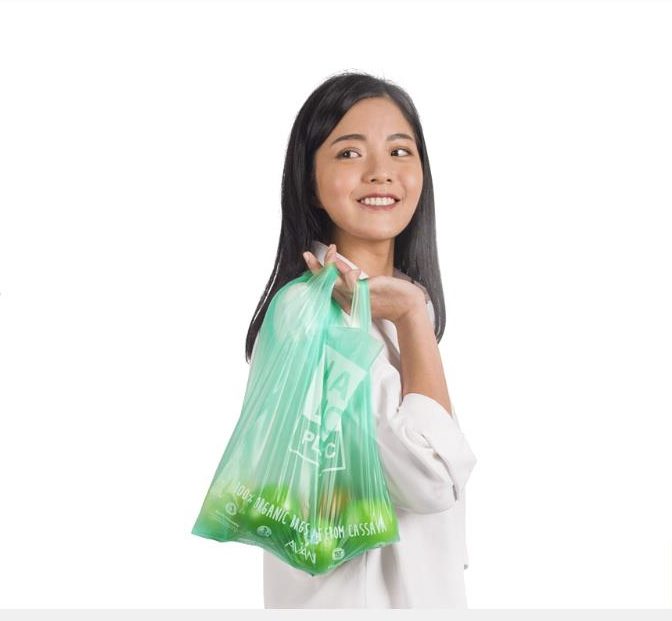
Avani Eco, an Indonesian company have come up with a solution to mitigate the global plastic bag epidemic. The Bio-Cassava bag as claimed by the company is completely degradable and compostable bag, that looks and feels just like plastic.
Made from the vegetable root, cassava. The bag is said to be capable of dissolving in water, and harmless if any aquatic animals consume it. The product would start by tackling Indonesia’s plastic problems which are choking its rivers and beaches. “Our country is drowning in plastic” says Kevin Kumala, Chief Green Officer at Avani.
- PETase, NRELResearchers at University of Portsmouth and the Department of Energy’s National Renewable Energy Laboratory (NREL) recently decoded the crystal structure of PETase. An enzyme that digests PET (Polyethylene Terephthalate) most commonly used in plastic bottles, that persists in the environment for over 100 years currently.The researchers claim to have accidently engineered the enzyme while trying to break down a naturally occurring enzyme with plastic degrading capabilities for its structure. The improved version of PETase is under engineering so that it can be industrially used to break down plastic from bottles. One the leading causes of pollution.
3. Trio-Cup
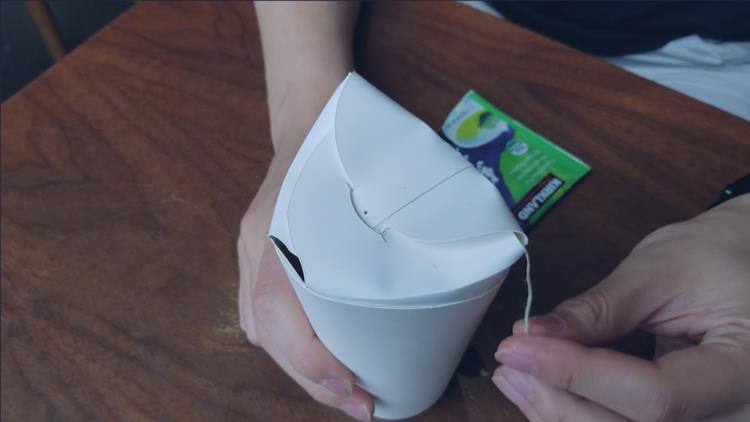
(Image: Trio-Cup)
TrioCup is an all-paper, ergonomic, spill-free coffee cup. Just as accessible as the traditional cup and lid, and brings down the severe impact of billions of single use coffee cups and lids that are being currently disturbed in the market. The cup made from compostable paper utilizes an origami style top which folds closed, making it spill-proof.
Since winning the New Plastics Economy Innovation Prize sponsored by OpenIDEO and the Ellen MacArthur Foundation as well as the third Trash Talk City pitch competition, they have begun crowd testing in New York.
4. VTT Technical Research Centre, Finland
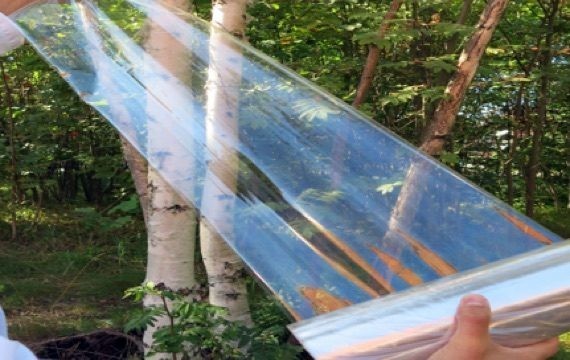
Winners of the New Plastics Economy Innovation Prize for Circular Materials Challenge, the VTT Technical Research Centre have come up with a packaging that resembles plastic, but manufactured from wood. Making it environmentally stable and degradable.
A multi-layered sheet made from agricultural and forest by-products. The packaging could be used at grocery chains to pack grains, cheese, nuts etc. Replacing the current plastic sheets that are hogging the market.
5. Evoware, Jakarta
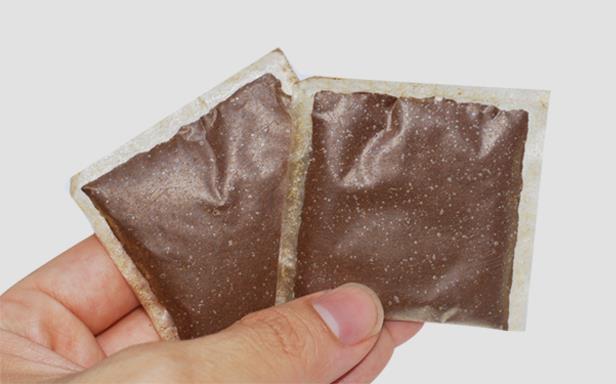
Evoware of Jakarta have designed food wrapping and sachets out of seaweed bad material which can dissolve in water and is claimed by the company to be edible. The company says that the product is 100 percent biodegradable and contains vitamins and minerals, making it a natural fertiliser.
The product was designed to help clear the plastic waste clogging up Jakarta’s waterways, by replacing single use plastic food wrappings such as sauce sachets, candy wrappers etc.
While these innovations represent the type of solutions need to build a plastic free system. The missing link in the transition is the implementation and involvement by the investors, businesses, the people and the governments.
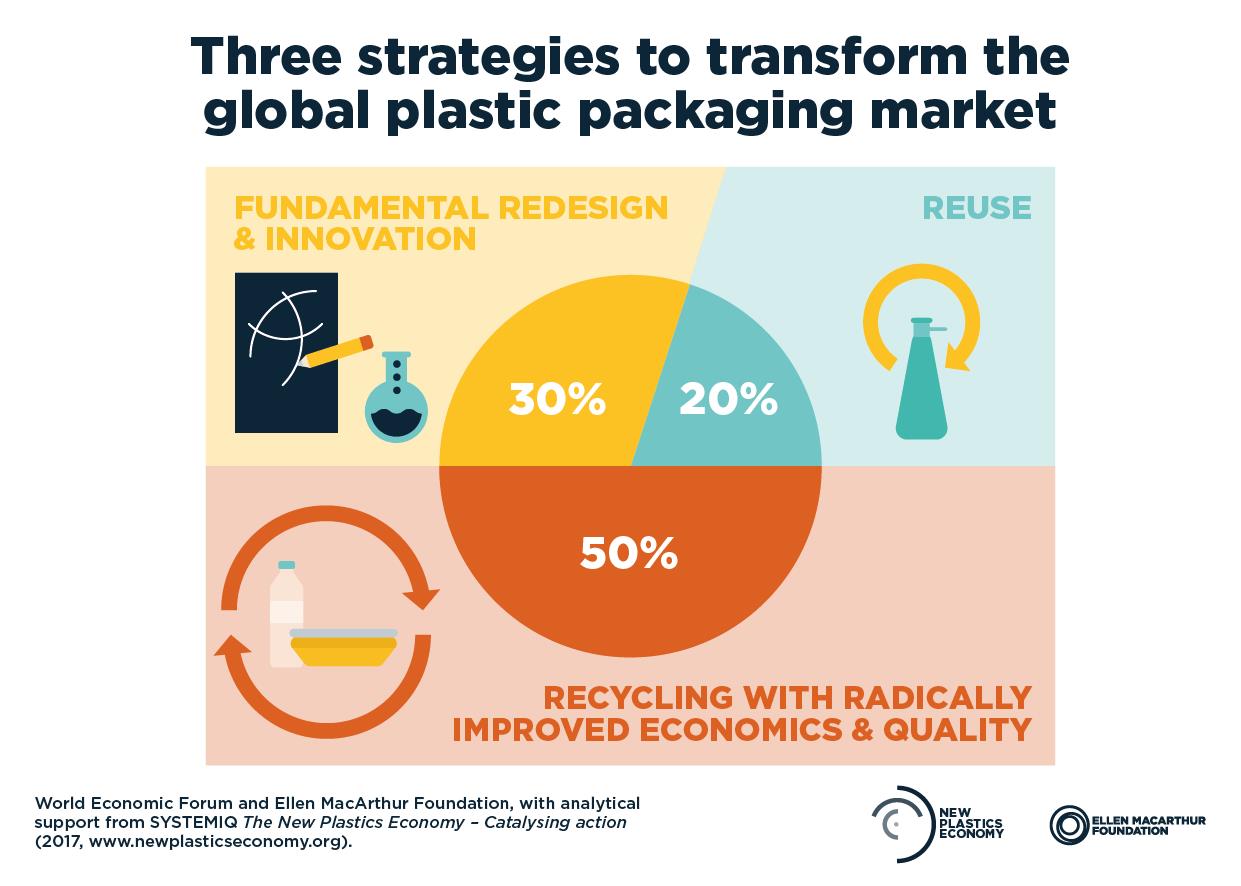
![]()

